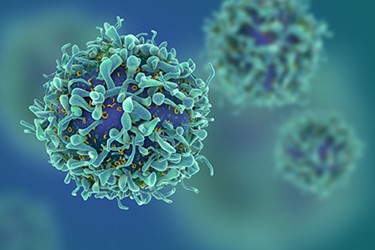The Parameters That Matter In Cryopreservation And Cell Thawing Process Development
By G. John Morris, CEO, Asymptote, part of Cytiva

Need for science-based cryopreservation and cell thawing
It is an invigorating time to be involved in cell therapy development. People do fantastic science on the cell biology, fine-tuning the CAR Ts and TCRs, growing the cells, all of those parameters. But when it comes to freezing and thawing T cells, there is not much real science. We are trying to simplify freezing and thawing protocols, basing them on biology and physics. It is important to define these final steps so as not to waste the time, effort, and money invested to that point. Here we delve into the science of cell thawing.
Thawing T cells after cryopreservation
How critical is quick thawing when working with mammalian cells, such as T cells used for cellular therapies? There is a general dogma in the cell therapy industry that cells must be thawed very rapidly, otherwise they will be damaged. This belief imposes limits on process development for clinical samples. We committed to understanding whether quick cell thawing was indeed a requirement driven by science.
The existing literature, which is quite outdated, was a bit contradictory and confusing. In collaboration with the Cell and Gene Therapy Catapult in London, we decided to do an experimental program, just to critically define what is important. We looked at cooling and warming T cells at different rates, and we looked at the viability.
Get unlimited access to:
Enter your credentials below to log in. Not yet a member of Drug Discovery Online? Subscribe today.
